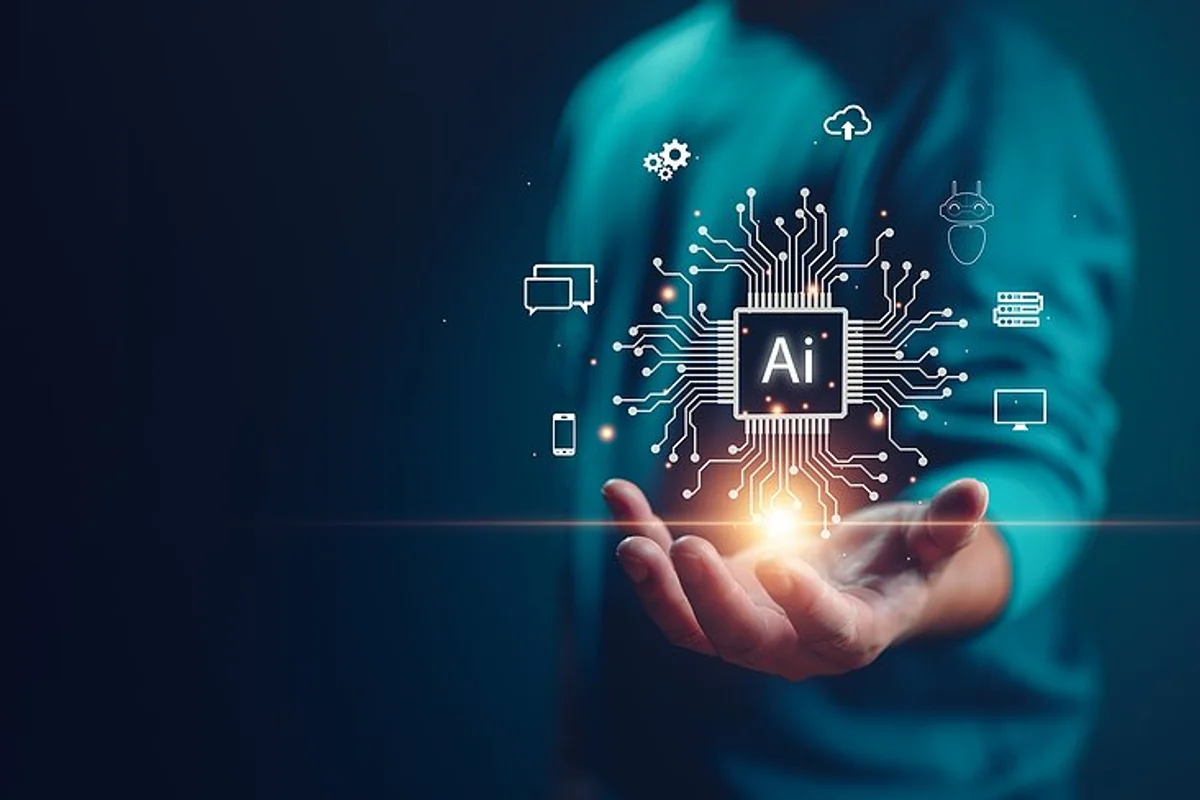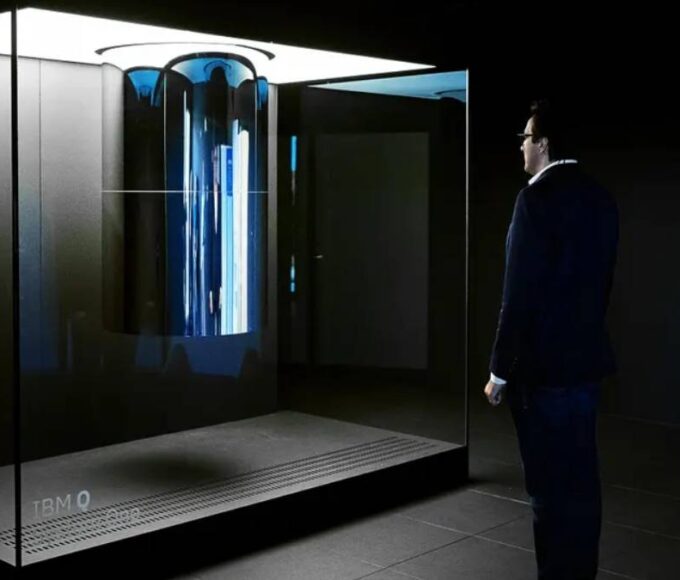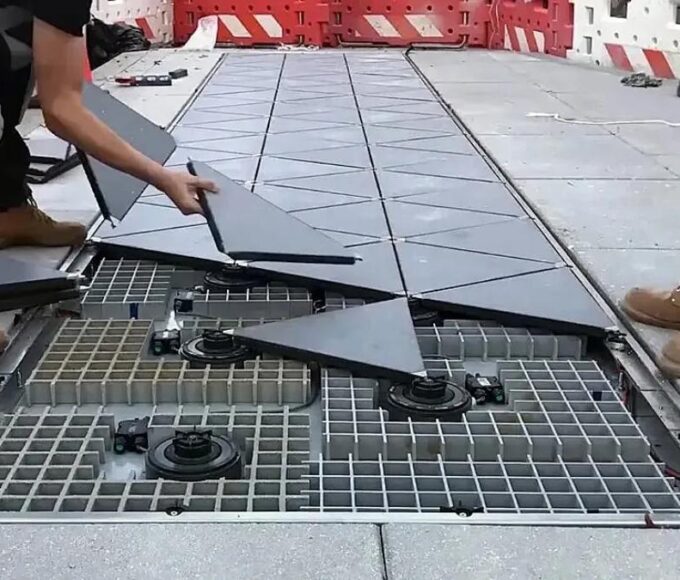The future of AI is unfolding rapidly, with industry experts forecasting significant developments for 2025.
Quartz consulted five leading AI chatbots—ChatGPT, Google’s Gemini, Anthropic’s Claude, Microsoft’s Copilot, and Groq—to share their predictions for the AI landscape.
1. Widespread Generative AI Adoption
Generative AI is expected to be integrated across industries like healthcare, finance, education, and manufacturing. ChatGPT, Claude, and others agree that AI will move from experimental to essential, enhancing innovation, strategic decision-making, and customer experience.
AI will also automate routine tasks, allowing workers to focus on more complex roles, though it may displace certain jobs while creating new opportunities.
2. Smaller, More Efficient Models
The shift towards smaller, specialized AI models will increase efficiency and reduce energy consumption.
These models will be optimized for specific tasks and industries, making AI more accessible and sustainable. Techniques like model pruning and knowledge distillation will further reduce AI model size and complexity.
3. Edge and On-Device AI
Edge AI, which processes data directly on local devices, will become more common, reducing latency and energy consumption. It will also enhance user privacy by minimizing data transmission to the cloud.
4. Autonomous Agents
AI agents capable of performing complex tasks independently will become more prevalent.
These agents will aid businesses in areas like financial management and content creation, improving decision-making and planning.
5. Expansion of Multimodal AI
AI models that can process text, images, audio, and video will continue to evolve, improving capabilities in fields like robotics and autonomous driving. This will allow AI to better understand and generate content across various media.
6. More Regulation and Ethical Oversight
As AI becomes more integral to society, stricter regulations will be implemented to address issues like bias, data privacy, and fairness.
The push for transparency and accountability in AI systems will intensify, with new frameworks likely to emerge globally.
7. Sustainable Hardware Innovation
To meet sustainability goals, AI hardware will evolve to be more energy-efficient. Advances in AI processors, GPUs, and cooling systems will reduce energy consumption in data centers, contributing to a greener AI ecosystem.
These predictions highlight an exciting and transformative year ahead for AI, with advancements that promise to reshape industries, work environments, and ethical standards.










